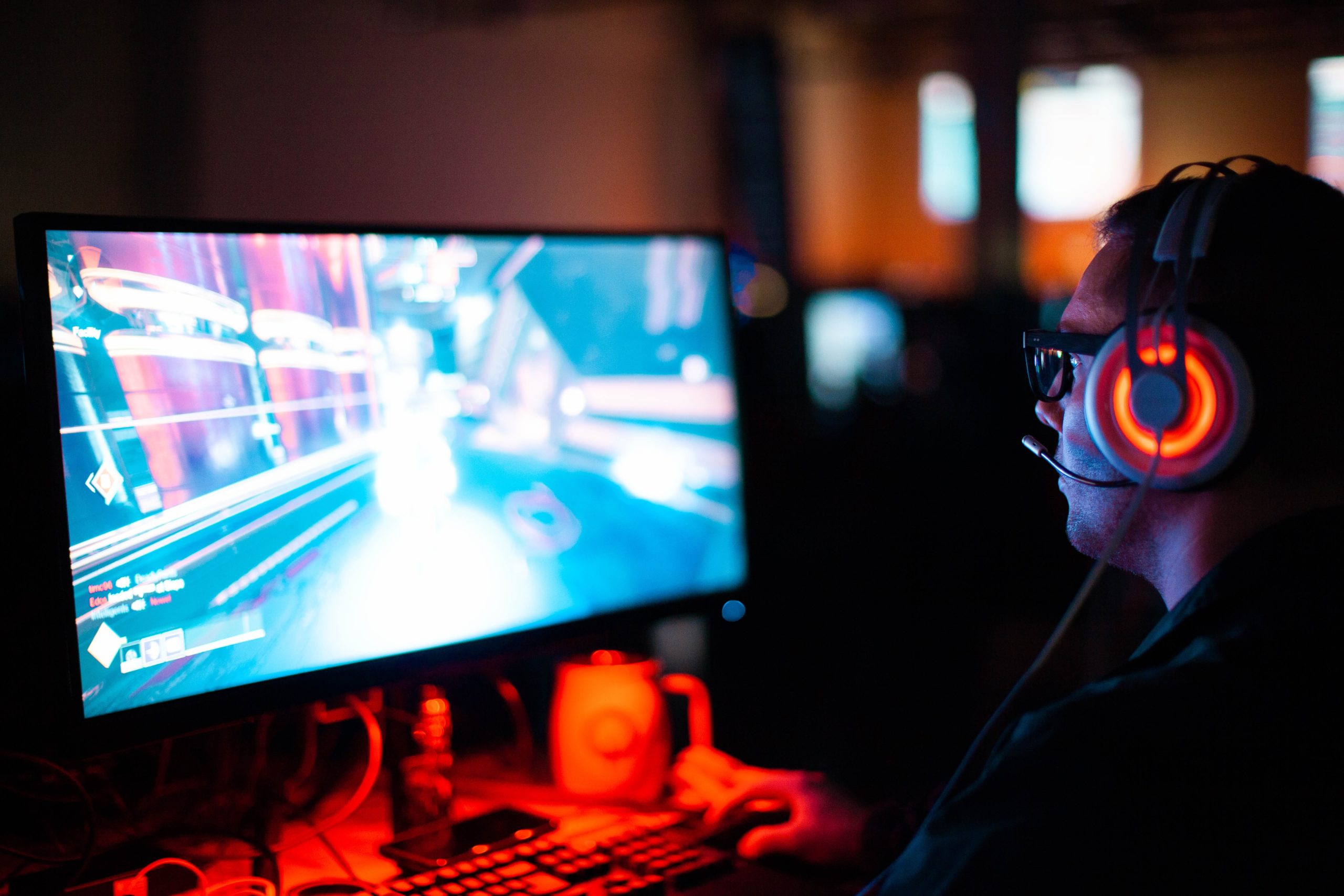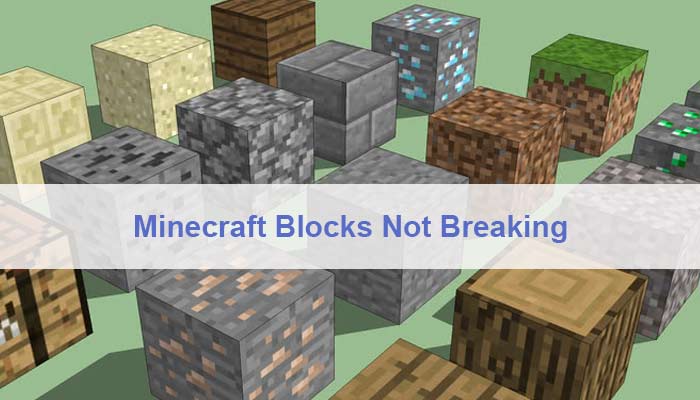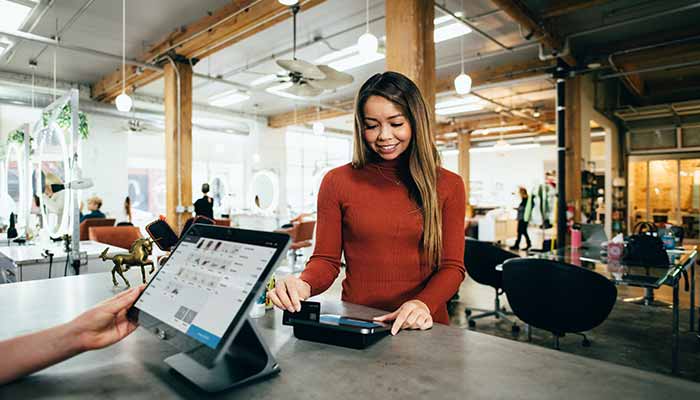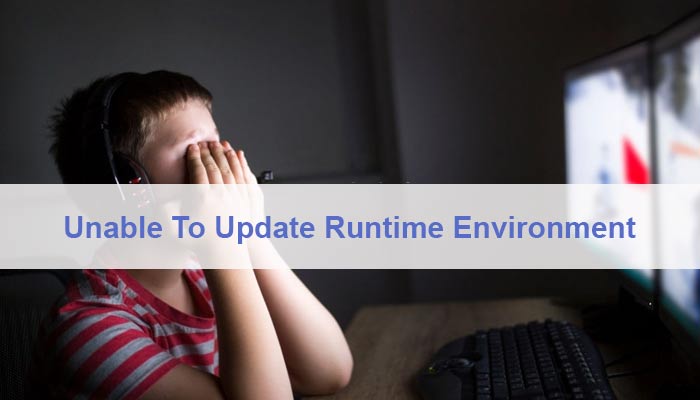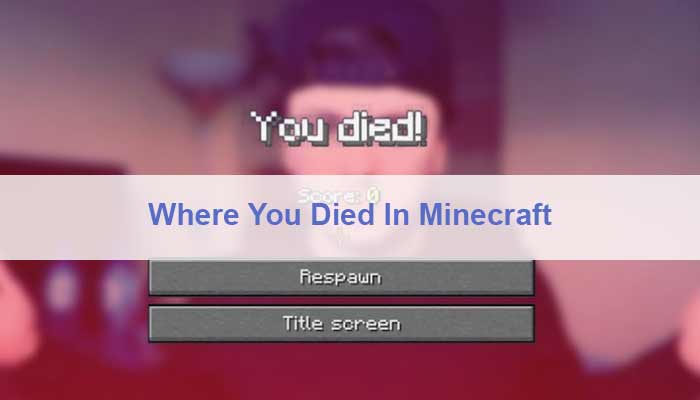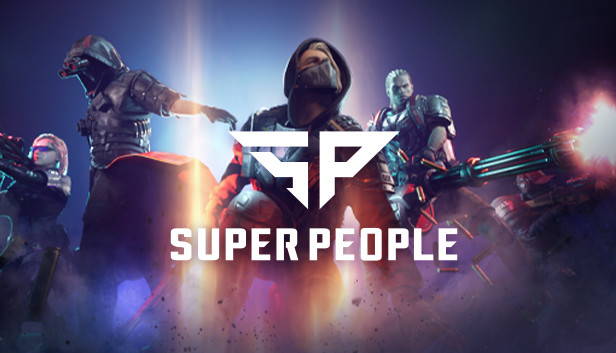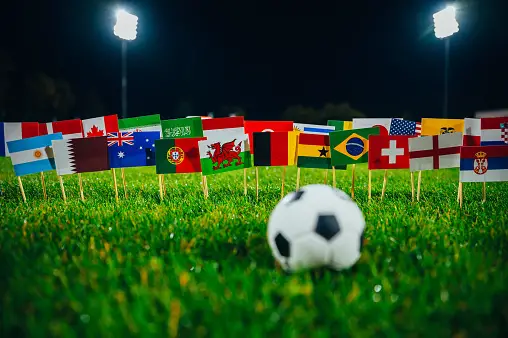Do you remember a time in the analogous world when playing games involved being at the same place and time with the other person? The internet has changed that. Today, thanks to sandbox games such as Minecraft – a game of exploration and creatively building your environment – a million players from around the world can be on the same platform at the same time.
Now over 11 years old, Minecraft has changed the gaming experience – there is no winning or losing in this game. It provides a deeply immersive experience which is why the game has now sold over 200m copies worldwide and is in-line to have a live-action movie in 2022.
This pull led Microsoft to acquire Minecraft for over $2 billion in 2014. Minecraft is all about mining and crafting resources on the interactive canvas. However, the game’s success has been brought about by the thousands of plugins used to customize the gameplay via the Minecraft servers.
EnjinCraft Plugin Has Brought A Blockchain Economy to Minecraft
Recently, Minecraft added a new plugin, known as Enjincraft, to its ever-increasing database. What makes this plugin stand out is that it incorporates blockchain to the game hence allowing players to turn their in-game collectibles into real currency. Basically, you can purchase bitcoins with Enjin Coin. Enjincraft is the brainchild of Enjin, a blockchain game technology firm familiar to Minecraft players for creating the DonationCraft plugin that allows them to accept Paypal and credit card payments.
This blockchain plugin comes at a time when gamers are now more than ever-projecting value on in-game intangible assets and spending real money on them.
How Disruptive is EnjinCraft?
The gaming industry is now ripe for technological disruption. More so, sandbox games such as Minecraft, are in a prime position to allow for blockchain integration as seen by the EnjinCraft plugin. This is mainly because these games involve purchasing one-time non-transferable assets.
For instance, Minecraft players can easily create localized economies within their servers where in-game assets such as weapons and tools are considered tangible stakes. Besides, as with any blockchain technology, players will also easily trade these assets in secure peer-to-peer transactions through their servers or better yet, Enjin Marketplace.
How Does EnjinCraft Transform Your Minecraft
Enjin built the plugin on their SDK for Java, a development kit that can transform Java apps, websites, and servers into blockchain platforms. This makes for an interesting way for developers to monetize their in-game projects.
The plugin helps players to:
- Trade their in-game collectibles across servers: EnjinCraft brings about asset interoperability where players can buy, improve, and sell tokenized in-game collectibles as blockchain assets to other gamers.
- Access to EnjinCraft First World, Enjin’s Blockchain-based Minecraft server: Enjin also offers Minecraft players the first world within the game. Here players can explore different storylines and quests with treasure chests they haven’t been accustomed to. What’s more, these treasure chests have real ERC-1155 assets with a value based on Enjin Coin.
- Trade blockchain assets such as Bitcoin and Ethereum among other cryptocurrencies: Enjincraft gives your in-game Minecraft assets real value by backing them using Enjin Coin. A player only needs to melt their blockchain-backed assets such as swords and armors into Enjin Coin.
Players can switch the Enjin Coin into Ethereum or Bitcoin since it has a reserve store value. Even better, players can use their Enjin Coins to buy gift cards from Amazon, Apple, and Uber among other giant brands right from their Enjin Wallet.
- Attach existing blockchain assets such as Etherium to their Enjin Wallets: This wallet will let players trade directly using Minecraft’s Non-Fungible Assets (NFT). The creation of ERC-1155 tokens allows players to easily give value to these NFTs – by attaching a real asset identity to them using in-game console commands.
A player needs to download the Enjin Wallet into their mobile phone before linking it to their Minecraft server. Once done, they simply log in to Enjincraft’s official website to access the binding code. This code will be used to link the Enjincraft plugin to the mobile wallet.
Once linked, an Enjin Coin panel appears on the game’s interface, constantly updating the player’s ENJ and ETH balance.
- Access to Enjin’s multiverse: Enjin encourages the development of cross-game assets stored on a decentralized blockchain. Therefore, players will carry their collectibles from one game such as Minecraft to other games that support similar assets. A perfect example is Stormwall, a shield you can use across Enjin’s Multiverse of games.
The Requirements For Integration of EnjinCraft Plugin
EnjinCraft’s code is open-source; hence users can easily redevelop it to their liking. However, Minecraft server owners hoping to integrate and hopefully redevelop the plugin to make it meet these requirements:
- A player’s server must be on Java 8 or higher
- Their server should be in online mode
- The Minecraft server API, Spigot, version should be 1.13 or newer.
- A user must have developed at least one project on Enjin.
- Users can use EnjinCraft to integrate fungible tokens only. Fungible assets are utility coins used as currencies on the platform while non-fungible assets include in-game skins or weapons.
Conclusion
The Enjin’s Java SDK is transforming Minecraft’s collectibles from mere pixels to new blockchain tokens with real value. For instance, developers can use EnjinCraft to create minigames and a unique marketplace within Minecraft where players can trade their blockchain-based assets smoothly.
On the other hand, players can now take actual ownership of in-game collectibles and securely trade them with actual cryptocurrencies using the Enjin Wallet.
This is just the beginning of blockchain’s disruption of Minecraft’s blocky fun world. The over 480 million Minecraft gamers can now earn real currency from their gaming, creating a new blockchain economy nobody anticipated a few decades ago.

